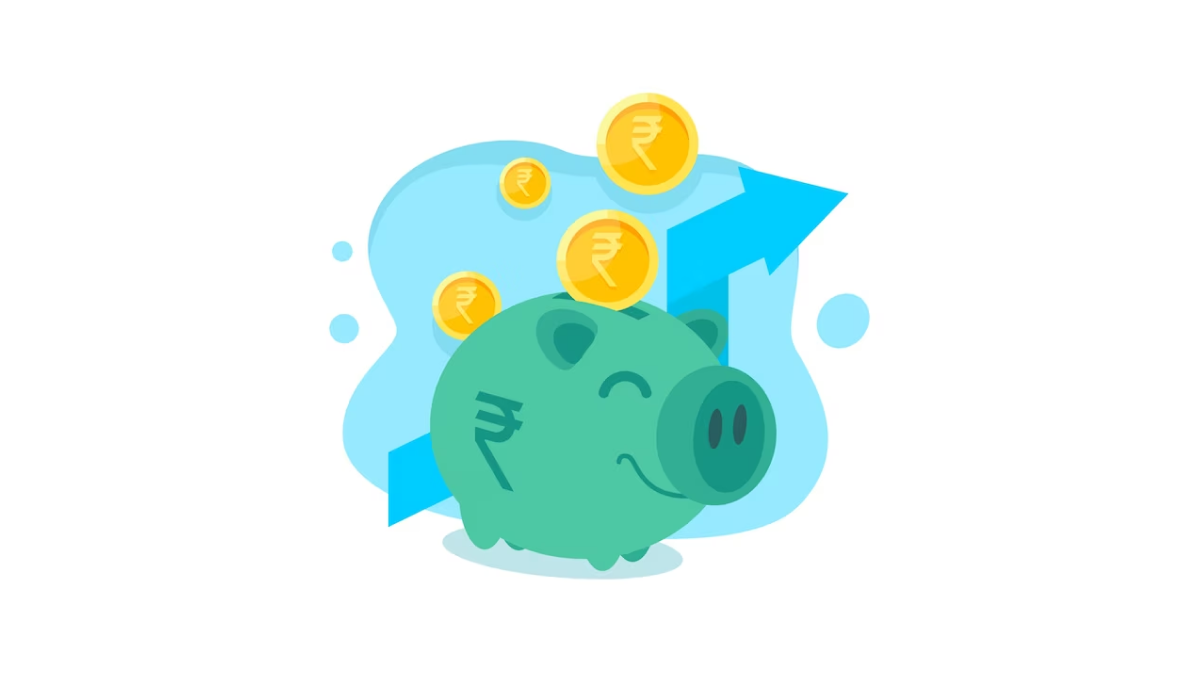
Many people enter or wish to enter the world of stock market trading just by looking at the huge profits traders make.
But the most common question that bothers almost every beginner is, ‘how much money do you need to start trading?
This article will try to demystify the capital requirement for trading in the stock market and explain how to start trading and begin earning.
Trading simply means buying and selling of securities on the same day. The purpose here is not to invest but to trade to receive quick profits by taking advantage of the stock and indices movement.
Hence, the changes in the stock prices are tracked carefully to get profits from stock trading.
However, one thing to be kept in mind is that if the position (long/short) is not squared off during the day, the broker may square off your position or convert the trade into delivery.
If you are new to stock market trading and wondering how to do trading, the following information will come in handy:
You need to find a stockbroker first. Almost all brokers provide online services, making it hassle-free and cost-friendly.
Open a Demat account where all your securities will be reflected in digital form. Charges for account opening are mostly free, but it depends on the service provider you choose.
Some brokers charge a nominal amount. However, it is mandatory to pay Annual Maintenance Charges (AMC), which range from Rs. 200 to Rs. 1000, depending on Deposit Participant (DP) you choose to open your Demat account with.
Open the trading account linked with your bank and where you can add money to start trading in stocks.
You can also withdraw the money from the trading account, which will be automatically credited to your bank account.
Once you are done with the account opening and adding money to your trading account, you are good to go.
The next dilemma is which stock or index to trade in? You need to study the direction, volatility, stock sensitivity with respect to the index.
There is no fixed amount to start trading. You can start with Rs.100, which could extend to a higher level as per your capacity.
The biggest advantage is that you don’t buy or sell a stock, i.e., delivery based. You simply take up a position in the stock.
For example, if you want to buy/sell Bank of Baroda stock, whose current market price is Rs.164, you will take a position by simply giving a margin.
In this case, it is 25% which comes to around Rs. 41 per share. Thus, the profits will also be calculated in accordance with this.
So, in this example, you can make profits simply with Rs.41. You can increase your profit margin by increasing the quantity of shares. The more the quantity of shares, the more the profit.
Whereas on the other hand, if the position is not in your favour, you can limit the loss by using indicators such as stop-loss, limit order, cover order or bracket order. We can interpret that unlimited profits exist, but you can put a cap on losses.
Brokerage is the commission the brokers take for the services they offer. It's calculated as a flat fee, a percentage of the transaction or a mix of both.
The average commission charged by full-service brokers is 0.3% to 0.5% per trade.
Share brokers charge a transaction fee for the trade made on the stock exchange. It is almost negligible. For instance, NSE charges 0.00345 % per transaction, and BSE charges 0.00325 per transaction.
GST is calculated at 18% of the total brokerage, transaction, and regulatory charges.
Now that you have a basic idea about the money aspect, you can start trading with as low as Rs. 100 in your trading account and reap the maximum profit by analyzing the market with effective strategies.
Start trading and start earning.


